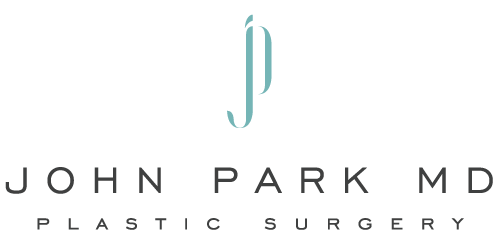
05 Oct Will A Facelift Damage My Hairline? 3 Possible Complications To Ask Your Plastic Surgeon
The Truth About Facelift Complications
As people age, the natural tendency to want to look younger can lead many to opt for cosmetic procedures. A facelift is a popular cosmetic surgery that aims to enhance the appearance of the face by tightening loose skin, reducing wrinkles, and repositioning deep tissue. However, with any surgical procedure, potential complications should be considered and discussed with a plastic surgeon before deciding to undergo the elective procedure.
1. Changes in the hairline
During the facelift procedure, the skin and underlying tissue of the face are repositioned and tightened. The procedure can cause tension on the scalp, leading to hairline changes in the retroauricular, temporal, and sideburn areas. If incisions are in the wrong spot, the procedure can result in a receding hairline, or the sideburn area may get moved, which prevents some people from using certain hairstyles.
2. Scarring
A facelift typically involves incisions made along the hairline and behind the ears. Surgical incisions can cause scarring, which can be visible if not properly cared for. Some individuals may be more prone to scarring due to genetics. In addition, if the incisions are not made in the right location, visible scarring can occur in the hairline. Proper post-operative care, such as using wound dressings, avoiding sun exposure, and following a strict skincare regimen, can help.
3. Nerve damage
During the facelift procedure, the nerves around the affected area can be damaged. Nerve injury can result in numbness, tingling, or loss of sensation in the scalp. In rare cases, nerve damage can result in permanent hair loss or thinning. Some temporary numbness and tingling in the scalp can be expected after a facelift, as the nerve healing process can take several weeks to recover from.
Other possible risks
In addition to the risks related to the hairline, potential complications of any surgery include infection, bleeding, allergic reactions to anesthesia, and poor healing. To reduce the chances of complications, the patient should be in good overall health and should not smoke or use blood-thinning medications before the procedure. Follow the post-op instructions provided by the doctor and take any prescribed medications as directed.
Ask the right questions
Facelift complications are rare and can be minimized by choosing a qualified and experienced plastic surgeon. Before undergoing a facelift, patients should ask about the surgeon’s experience managing complications. A plastic surgeon should be able to provide before and after photos of previous patients to give a better idea of the results that can be achieved and to see the surgeon’s experience with hairline complications.
Lifting your spirits without complications
A facelift can be an effective way to enhance facial appearance and improve self-confidence. However, potential complications should be considered. By choosing a qualified and experienced plastic surgeon and discussing the possible complications ahead of time, the risks can be minimized, and the chances of achieving the desired results can be maximized.



